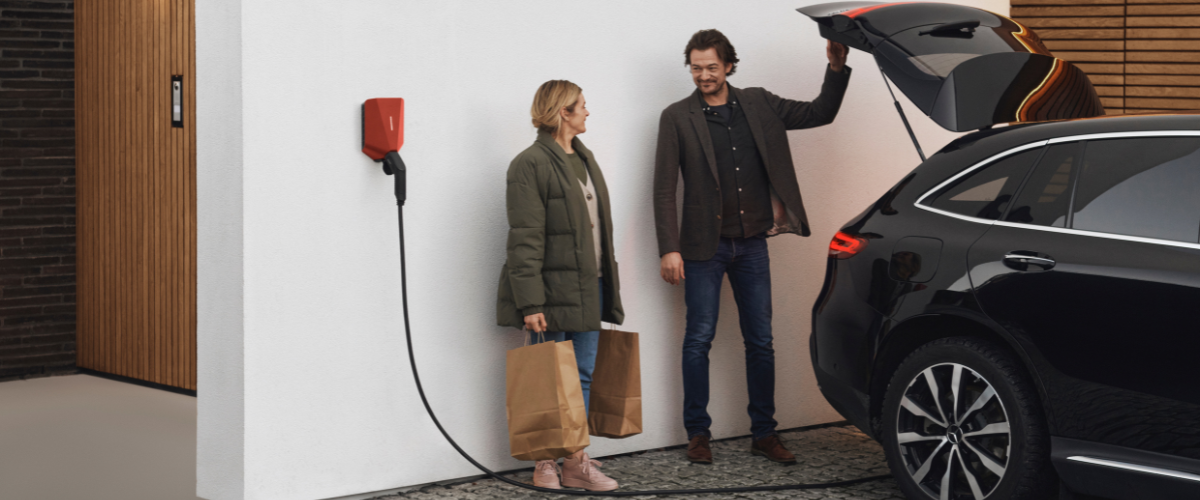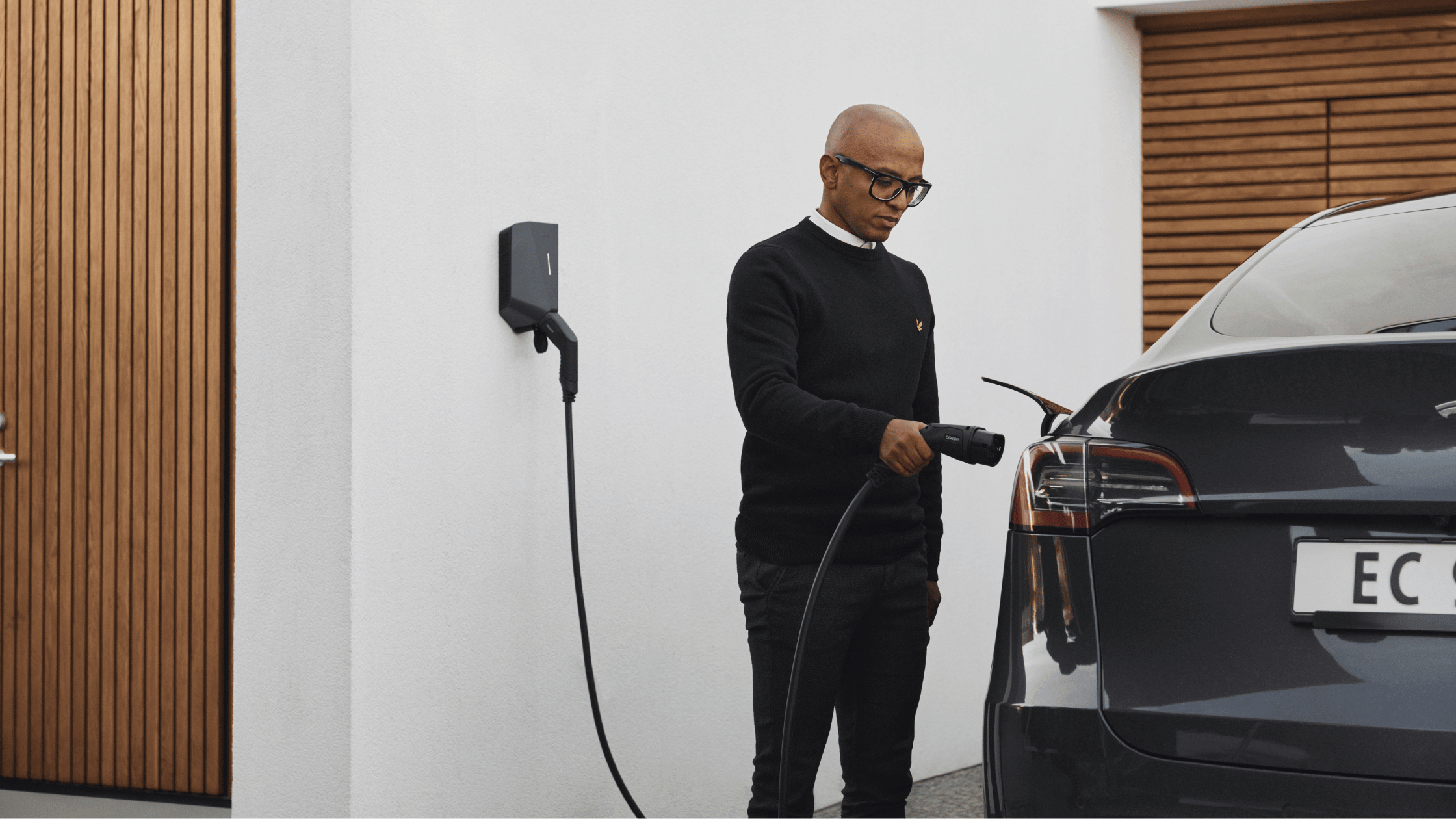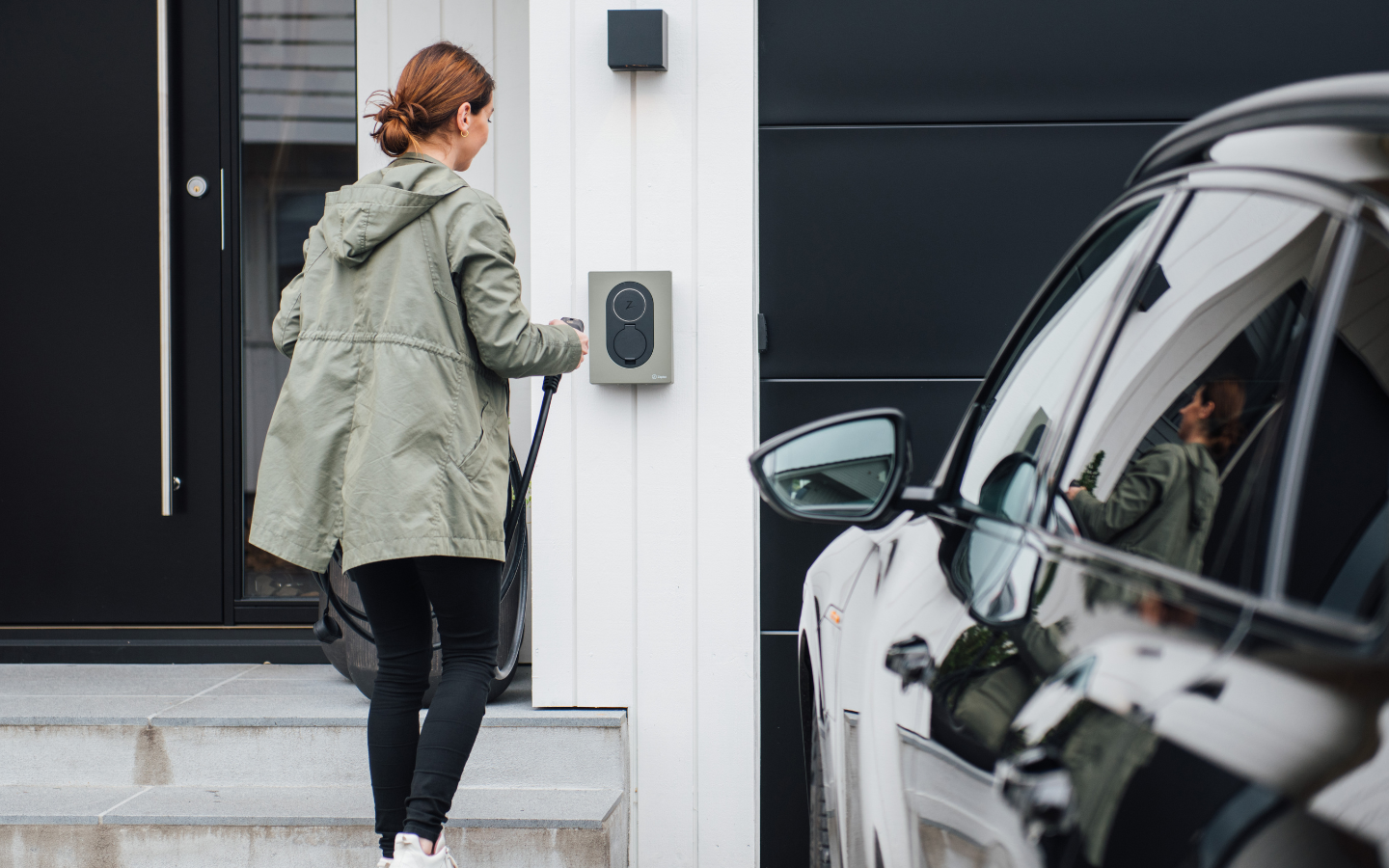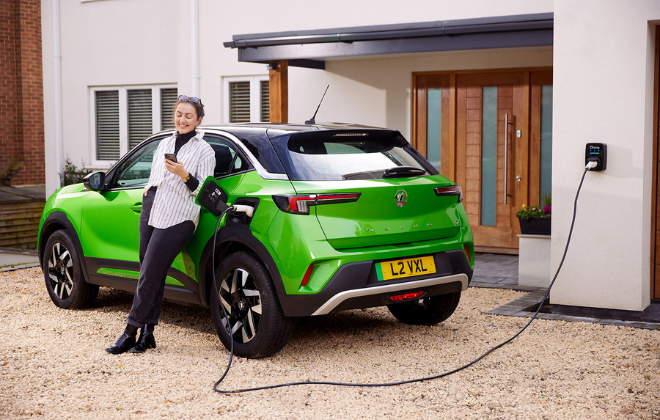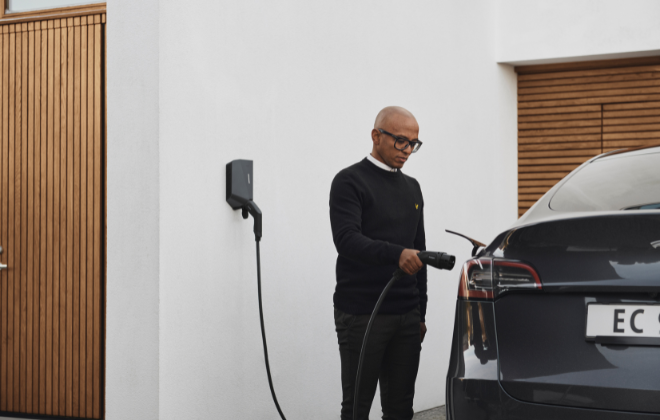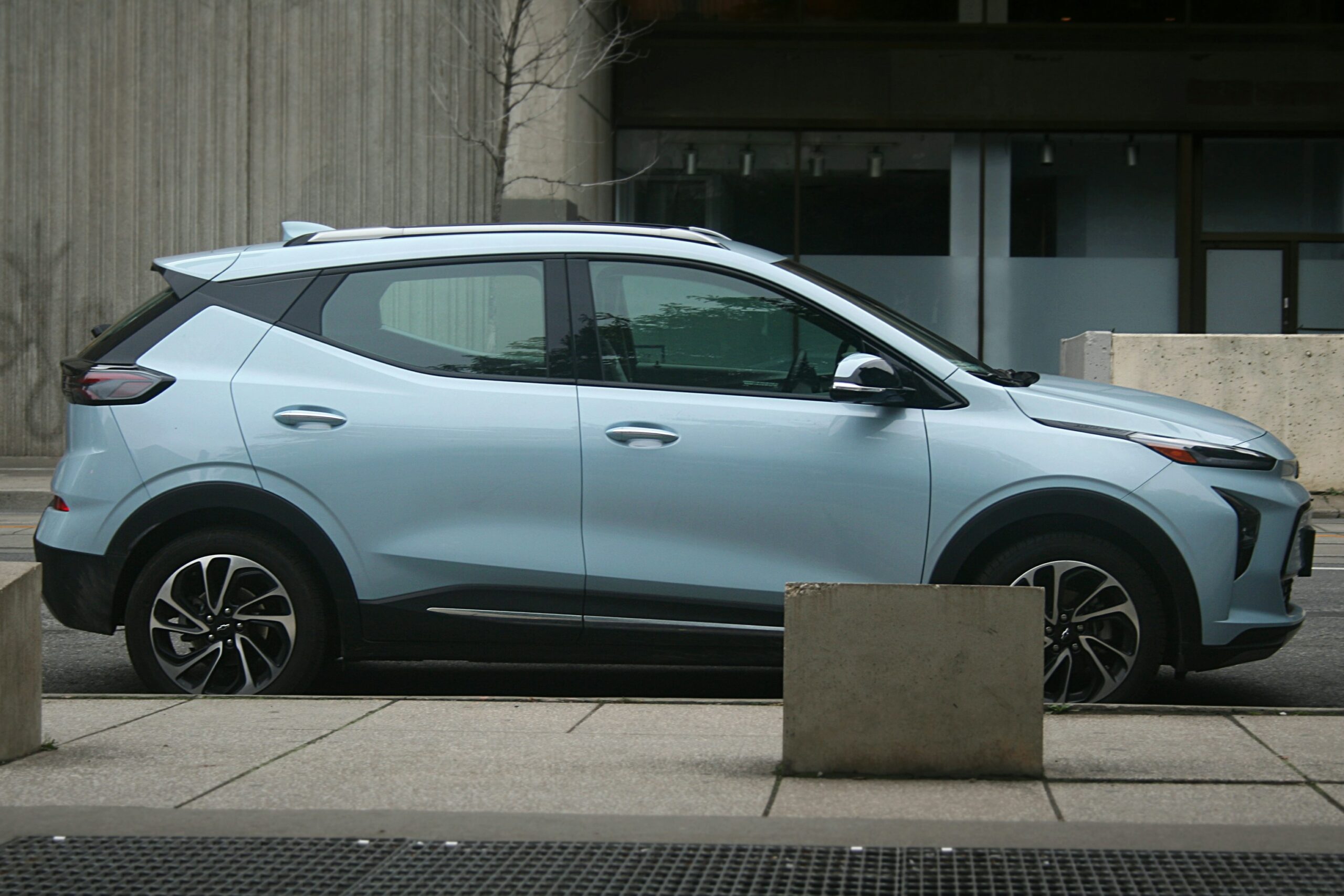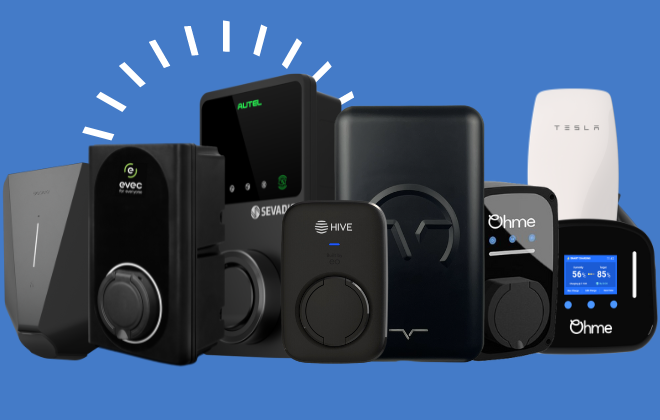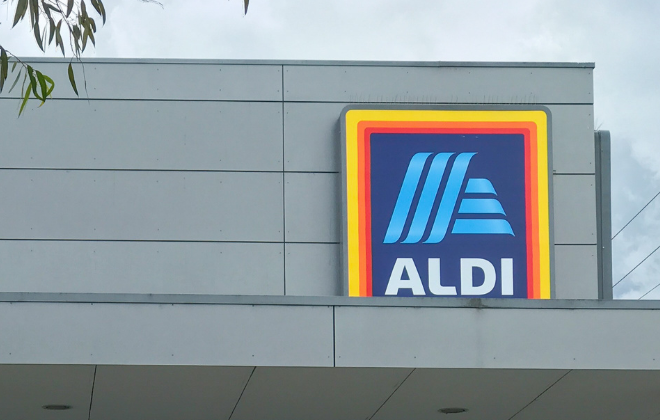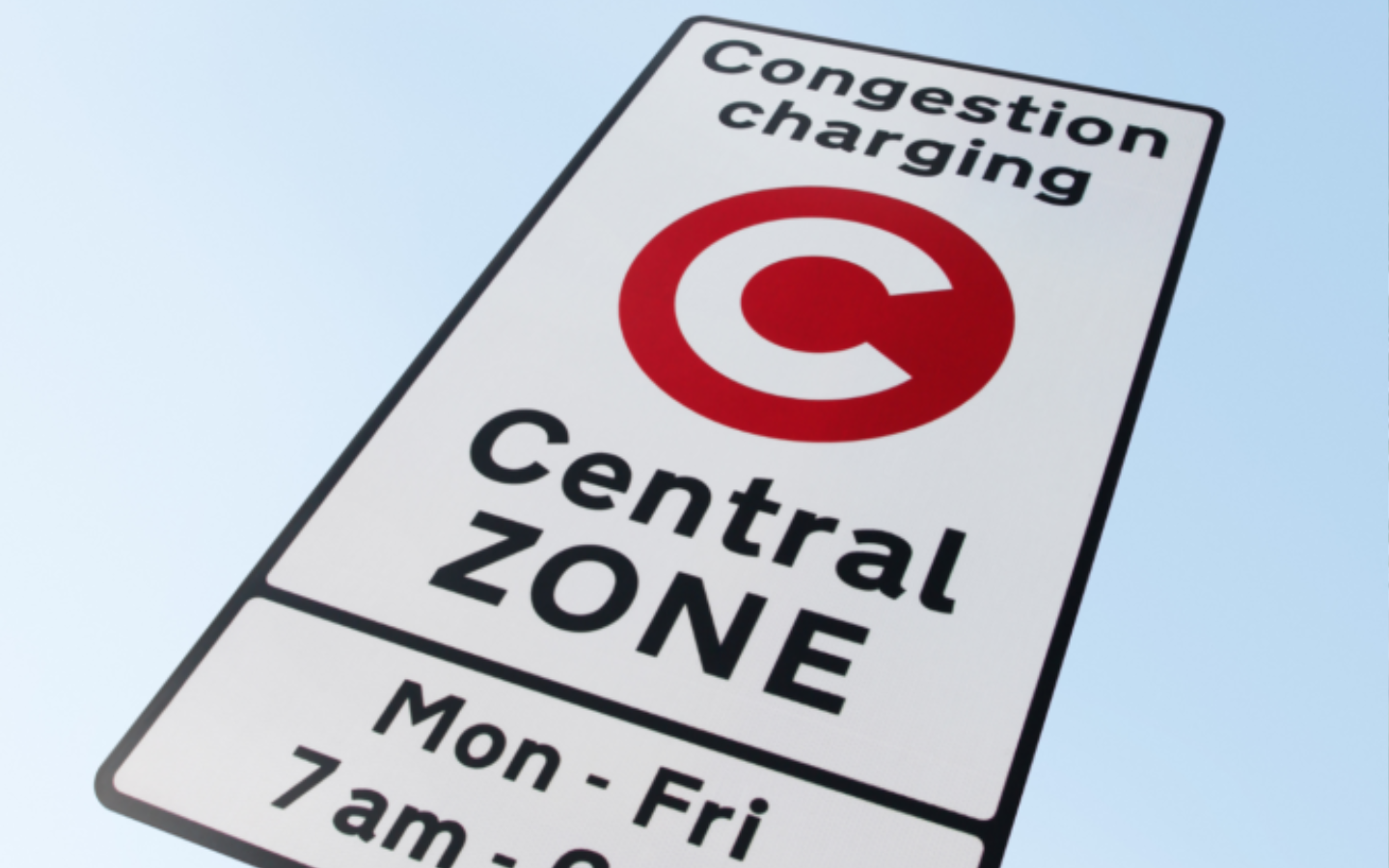

Are electric vehicles exempt from the Congestion Charge?
Are electric vehicles exempt from the Congestion Charge?
There are many perks to electric vehicles – cheaper running costs, zero tailpipe emissions, and free parking, to name a few. But do electric cars also benefit from not having to pay the Congestion Charge?
Discover if electric vehicles are exempt from the London Congestion Charge in 2024 in our comprehensive guide.
What is the Congestion Charge?
The Congestion Charge was introduced in 2003 by Transport for London (TfL) in the hopes of reducing air pollution, slashing traffic, and aiding London’s transition to become a net-carbon-zero city by 2030.
If you enter the Congestion Charge zone in central London, you will be subjected to a fee if you don’t meet the emission standards. The zone covers the London inner ring road, including the West End and the City of London. Signposts display a red circle with a white C in the middle to indicate when you are approaching these areas, and number plate recognition is used to calculate charges.
No other city in the UK has a congestion charge, but there are other areas that have introduced Zero Emission Zones in the hopes of decreasing their carbon footprint.
How much is the London Congestion Charge?
The cost is a fixed £15 per day if you drive within the Congestion Charge zone. However, there are discounts available. For example, Blue Badge holders receive a 100% discount, and local residents can apply for a 90% discount.
What are the charging times?
The running hours for the Congestion Charge are 07:00 – 18:00 Monday to Friday and 12:00 – 18:00 Saturday to Sunday. Thankfully, there’s no charge between Christmas Day and New Year’s Day, but unfortunately, there are charges on bank holidays. If you drive within the Congestion Charge zone during these days and times, you will have to pay.
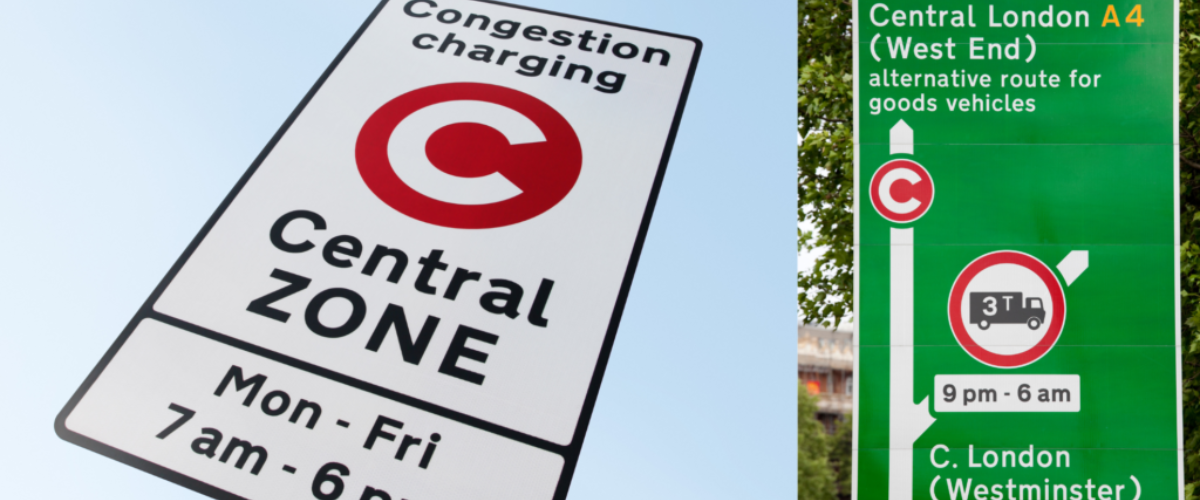
Do electric vehicles have to pay the Congestion Charge in London?
Pure battery electric vehicles (BEVS), such as Teslas, are fully exempt from the Congestion Charge in London, meaning they are not subjected to the £15 per day fee. So, lucky for EV owners, the UK’s most popular EVs on the current market are currently exempt from the Congestion Charge:
- Tesla Model 3
- Vauxhall Corsa-e
- Nissan Leaf e+
- Mini Electric
- Renault Zoe
- Kia e-Niro
Do hybrid electric vehicles pay the Congestion Charge?
Unfortunately, plug-in hybrid electric vehicles (PHEVs) have to pay the Congestion Charge. This has not always been the case – pre-25 October 2021, hybrids were spared the fee. But, due to eligibility changes, hybrid electric cars are no longer exempt, meaning when it comes down to exempt vehicles, you need to own a battery electric or a hydrogen fuel cell vehicle to be fully free of the Congestion Charge.
Do I need to register my EV for the congestion charge?
Yes. Even if you have a fully electric vehicle, you can’t drive through the zone without applying for the 100% discount. You need to ensure your vehicle is registered with Transport for London before entering the zone, or else you will be subjected to the £15 fee.
How to register an electric vehicle for the Congestion Charge:
To pass through the designated Congestion Charge area in London free of charge, you will have to sign up for the Cleaner Vehicle discount (previously named the Ultra Low Emission Discount). It’s important to note that you will have to continue to pay the charge until you receive confirmation.
The Cleaner Vehicle Discount:
How do I apply for the cleaner vehicle discount?
You can apply online via the Transport for London website. Make sure you have a registration document (your V5C vehicle registration certificate) on hand to prove your electric vehicle qualifies for the discount!
How much does the cleaner vehicle discount cost?
The Cleaner Vehicle Discount will need to be renewed each year at a cost of £10.
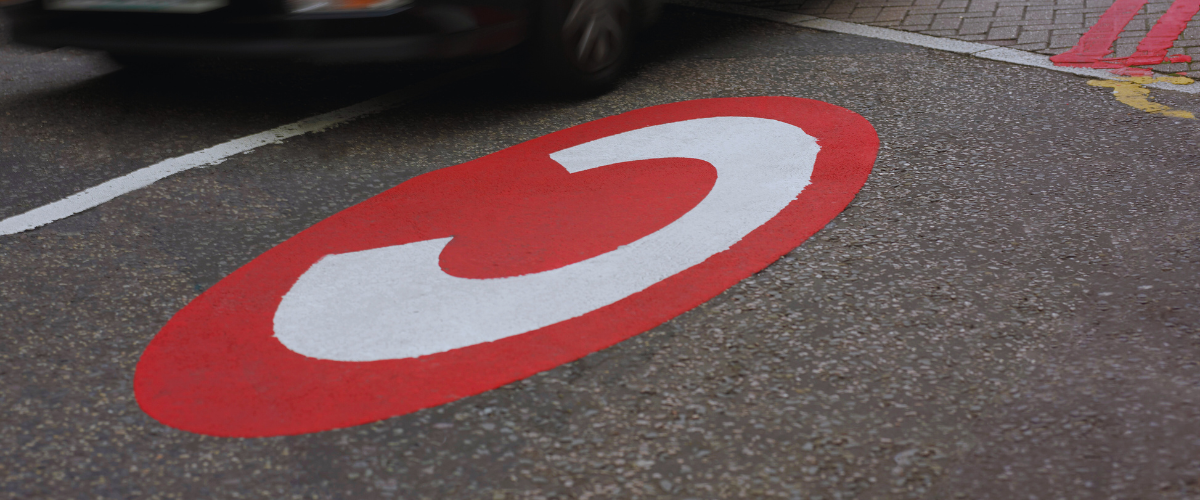
Will electric cars always be exempt from the Congestion Charge?
Unfortunately not. While electric vehicles are currently exempt in 2024, from 25 December 2025, the Cleaner Vehicle discount will end. After this date, all electric vehicles – including pure battery electric vehicles – will no longer be exempt, and EV drivers will have to pay the congestion charge. That is, of course, unless you are eligible for another discount.
Is the Congestion Charge the same as the Ultra Low Emission Zone (ULEZ)?
No, the Congestion Charge and the Ultra Low Emission Zone are entirely different, despite both attempting to tackle air pollution in the UK.
While the two are in London, they are in different areas. This means that if you travel through the Congestion Charge zone and the Ultra-Low Emission Zone, you will have to pay both fees – unless you are exempt.
Summary:
- Currently, pure battery electric vehicles (BEVs) are exempt from the Congestion Charge. However, from 25 December 2025, all electric vehicles will have to pay the Congestion Charge unless eligible for another discount.
- Hybrid electric vehicles are not exempt from the Congestion Charge, so hybrid owners will have to pay the £15 daily fee.
- The Congestion Charge is different to the Ultra Low Emission Zone.
Struggling to charge your electric car in London?
Invest in a home EV charger and charge faster, cheaper and greener. Trust We Power Your Car for your EV charger installation. With DBS-checked, accredited and experienced engineers, we can install electric car chargers wherever you are – all with exceptional customer service.
If you are looking to get an EV charger installed at your home, click below to get your free quote, or contact us for more information or any queries you may have.
For more information and our latest updates, follow us on Facebook, Instagram, Twitter, LinkedIn and YouTube.
Related articles_
Stay up to date on the latest from We Power Your Car_
I consent to receive newsletters from We Power Your Car. Please see our Privacy Policy
